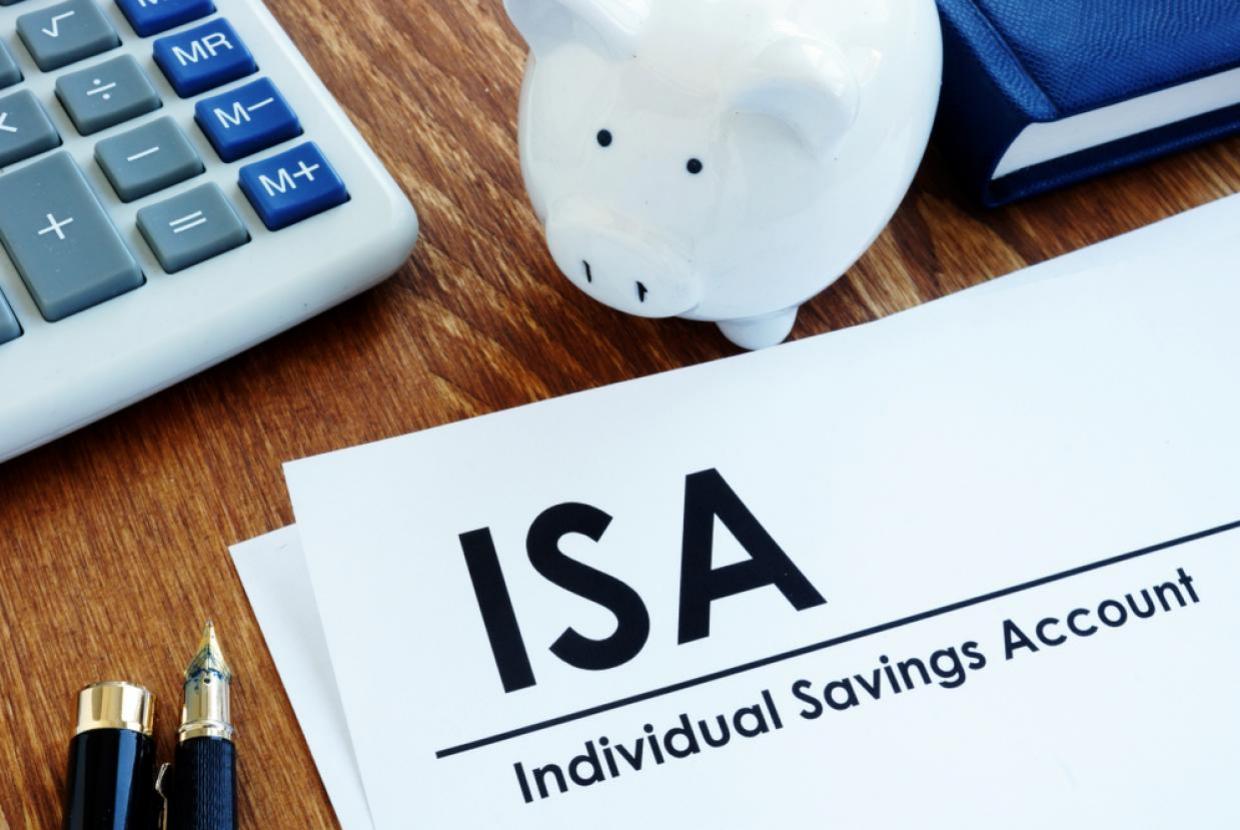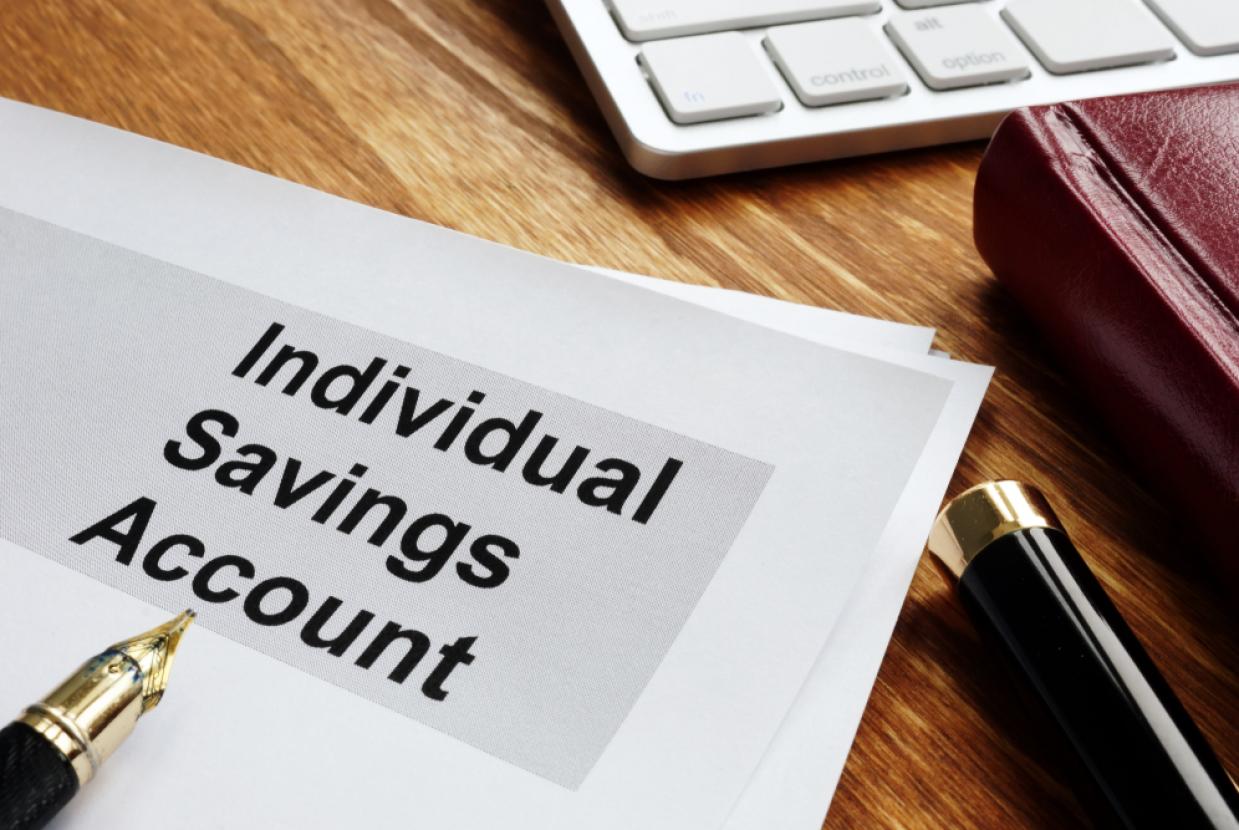Inflation & Your Savings
In today’s economy, inflation is a big issue for people with savings and investments, because it reduces the buying power of their money. To save and invest wisely, this guide helps you understand inflation and what it means for your financial planning.
What is inflation?
Inflation is when money loses value over time. It’s happening constantly – things are generally more expensive than they were a few years ago. To see it happening, think about what you could buy with £1 over the past few decades. We’ll look at it in terms of loaves of bread:
- 1970: £1 = 10 loaves of bread
- 1980: £1 = 3 loaves of bread
- 1990: £1 = 2 loaves of bread
- 2020: £1 = 1 loaf of bread.
So, £1 can buy you much less now than it could in 1970 and in another ten years it will buy even less. In fact, in 2024, the average price of a loaf of bread is £1.40, so that same £1 would now only buy 0.7 loaves of bread. This is due to inflation. This is known as the “purchasing power” of money.
Consumer Price Index (CPI) vs Retail Prices Index (RPI)
The most used measures of inflation in the UK are the consumer prices index (CPI), the consumer prices housing index (CPIH) and the retail prices index (RPI).
Each measure is calculated slightly differently, although RPI is usually the highest.
While you don’t need to know how each measure is calculated, it’s useful to know the current rate. This is because different rates are used for different things.
For example, RPI is typically linked to final salary pension payments, car tax and interest on student loans. CPI is often used by the government for things like calculating the state pension, and benefits like Universal Credit.
High inflation and low inflation
If you hear the inflation rate is high, that means you can buy less for the same amount of money, and this reduction in buying power is happening at a higher speed than usual.
Inflation is measured as a percentage:
- If the inflation rate is 1% (lower inflation), the purchasing power of money will be 1% less a year later.
- If the inflation rate is 5% (higher inflation), the purchasing power of money will be 5% less a year later.
What does inflation mean for you?
It’s important to know the inflation rate when you’re thinking about savings and investments, since it makes a big difference to whether you make a profit in real terms (after inflation).
Say you put your money in a bank account that pays you interest at 1%. A year later you’ll have 1% more money. But what if inflation is more than 1%? In that case, although you’ve got more money, it can purchase less than the amount you began with.
If your goal is to make money on your investment, you need to find an account or investment that ‘beats inflation’, which means the interest or profit you make is higher than the inflation rate.
Should you try to beat inflation?
Depending on your circumstances, you might or might not want a product that beats inflation. This is because generally, to get higher returns, you might need to take more risk.
If it’s very important to you that you keep your money safe, you might want to go for an account with lower interest and grow your savings just by adding money every month. To know what’s right for you, it helps to think through your savings goals.
Setting your savings goals
Savings goals are the things you want to achieve in future, whether it’s buying a new car, saving for retirement or sailing around the world.
Once you’ve set your goals, you can work out how to achieve them – some will be suited to long-term investments, some to short-term savings.
How to protect against inflation
Some savings accounts are index-linked which means they’ll pay interest that tracks inflation but won’t always keep up with other interest rates.
These get more expensive when the markets are expecting inflation to rise, so the overall return might not beat inflation. There’s no sure way to protect your money from the effects of inflation.
The only rule is that cash savings accounts are generally not the best places to put your money long term – the interest is almost always lower than inflation, so your buying power is reduced.
Savings accounts still have their uses, especially for money that you want to spend soon. But if you’re planning to put money aside for five years or more, it might be better to invest.






































